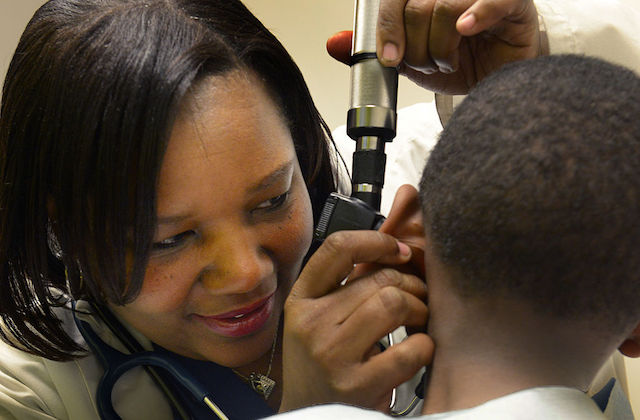It has been widely reported that medical care professionals often display bias and give inadequate care when it comes to African-American patients, but a new study shows that racial bias may keep ill Black people from even being seen by a doctor.
The study, “Dissecting Racial Bias in an Algorithm Used to Manage the Health of Populations,” found that less money is spent on Black patients who have the same level of need as White ones. The software used to determine who qualifies for care also erroneously determined that Black patients are healthier than Whites who have the same conditions.
Researchers at University of California, Berkeley analyzed patient data from a hospital in which the cost for Black patients was $1,800 less per year than White patients with the same chronic illnesses. The discrepancy is typical of those in hospitals across the nation who use this type of software “to identify patients with chronic or complex medical conditions and to enroll them in programs that help manage their care,” writes The Associated Press.
“The problem was the algorithm was built to predict who’s going to cost money next year, not who’s going to need health care,” lead researcher Dr. Ziad Obermeyer said in an interview with The AP, adding that updating the software could more than double the number of Black patients who are enrolled in programs.
The company that makes the software, Optum, told The AP that the study’s findings were “misleading,” asserting that hospitals should decide on their own how to use the data provided by the software.
“The cost model is just one of many data elements intended to be used to select patients for clinical engagement programs, including, most importantly, the doctor’s expertise and knowledge of his or her patient’s individual needs,” Optum spokesperson Tyler Mason said in an interview.
According to The Associated Press:
rnt
Other research has tied racial disparities in health care to a cluster of factors including doctors’ unconscious attitudes, Blacks’ distrust in the health care system, lack of transportation and poverty.
t
As big data drives more health care decisions, some experts worry that bias will be further baked into the system. In an accompanying editorial [to the study], Ruha Benjamin of Princeton University wrote that older Jim Crow forms of discrimination are feeding into a “New Jim Code” source of bias in “automated systems that hide, speed and deepen racial discrimination behind a veneer of technical neutrality.”
